Mental Health Guides – Practical Tips and Real Help
If you’re looking for clear advice on feeling better mentally, you’ve landed in the right spot. This page gathers short, useful articles that cover everything from coping with depression to handling ADHD or alcohol‑related worries. No jargon, just plain language you can act on today.
Top Articles for Common Concerns
Best Antabuse Alternatives for 2024 breaks down six options that help manage alcohol cravings. It compares FDA‑approved pills like Naltrexone and Acamprosate with herbal choices such as Kudzu root. You get a quick look at how each works, side effects to watch, and who might benefit the most.
ADHD and Depression: Understanding the Link explains why these two conditions often appear together. It points out shared genetic factors and everyday stressors that make diagnosis tricky. The article then lists medication combos, therapy ideas, and lifestyle tweaks that can lift mood and focus.
How to Create a Mental Health Plan for Depression walks you through building a personal roadmap. Start by noting warning signs, then set up a support network of friends, family, or professionals. Add daily habits like short walks, breathing exercises, and balanced meals. The guide also shows how to set realistic goals and track progress without feeling overwhelmed.
How to Build Your Own Mental Health Plan
Want a plan that fits your life? Begin with a quick self‑check: notice changes in sleep, appetite, or interest levels. Write down any patterns you see – this helps you spot triggers later.
Next, pick three simple actions you can do every day. For many people, a 10‑minute walk, a short meditation, and a phone call to a trusted friend are enough to boost mood. Keep the list short so it feels doable.
Choose one professional resource to reach out to – a therapist, counselor, or your primary doctor. Even a brief appointment can give you direction and medication options if needed.
Finally, review your plan weekly. Note what worked, what didn’t, and adjust the actions. Small tweaks keep the routine fresh and prevent burnout.
All of these articles share one goal: give you tools you can try right now. Whether you’re battling cravings, juggling ADHD symptoms, or feeling low, the advice is practical and backed by current research. Bookmark the pages that speak to you and start applying one tip each day.
Remember, mental health isn’t a one‑size‑fits‑all journey. Use these guides as stepping stones, stay patient with yourself, and reach out for professional help when needed. You’ve got the information – now it’s time to put it into action.
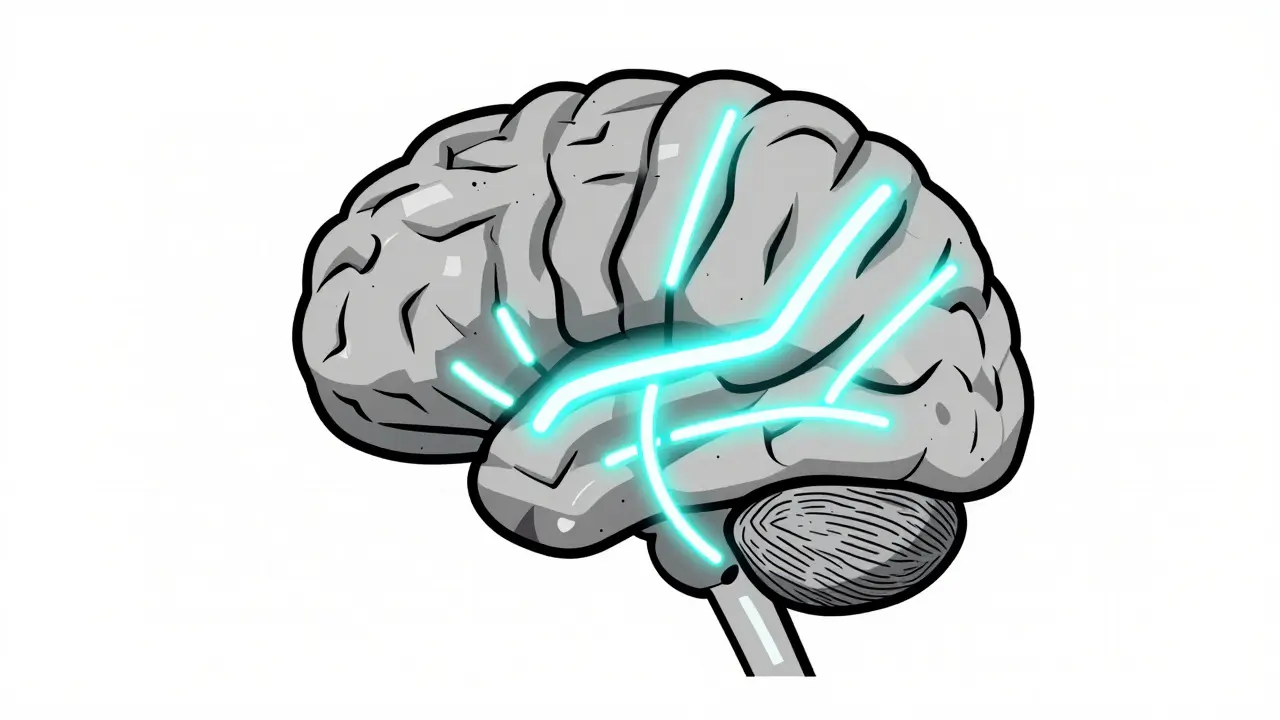
ADHD: Stimulants, Non-Stimulants, and Behavioral Strategies
- Feb, 9 2026
- 11
ADHD treatment combines stimulants, non-stimulants, and behavioral strategies to improve focus, reduce impulsivity, and build daily skills. Learn how each option works, their side effects, and what really helps long-term.
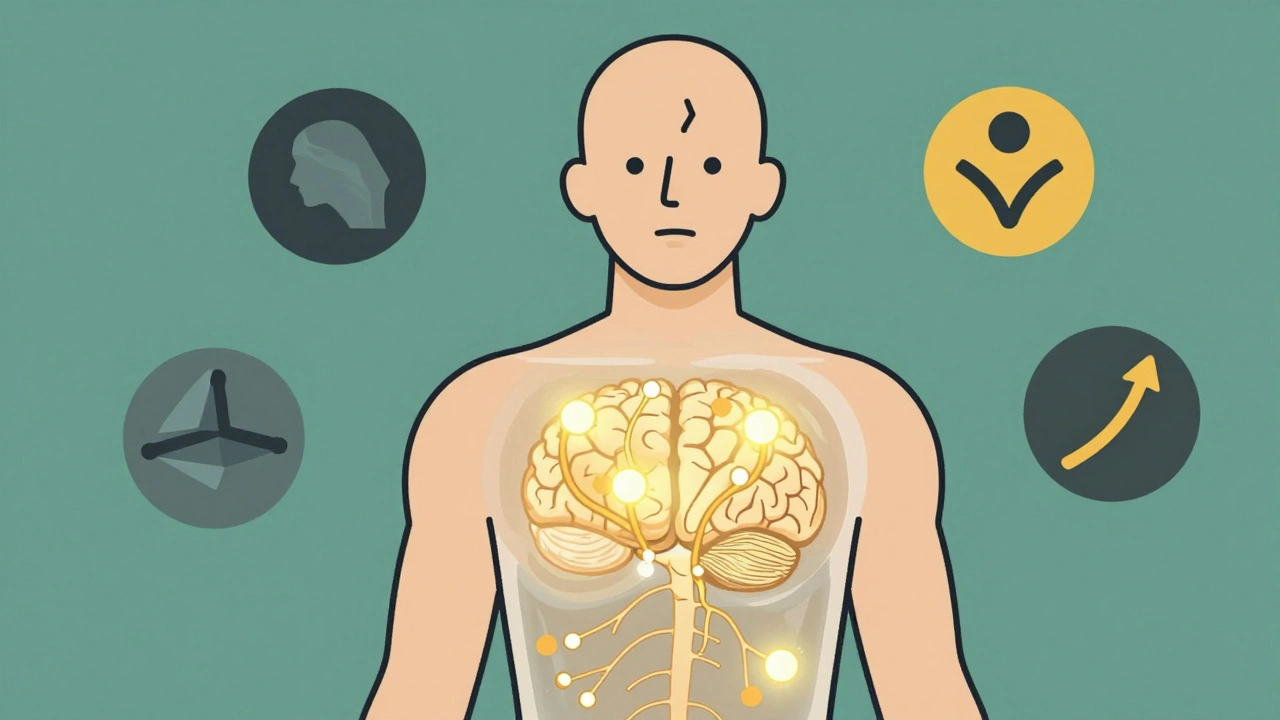
SSRI Side Effects: Complete Overview from Mild to Severe
- Dec, 11 2025
- 10
SSRIs are widely prescribed for depression and anxiety, but side effects like sexual dysfunction, weight gain, nausea, and withdrawal are common and often underreported. This guide covers mild to severe side effects, real-world data, and how to manage them.
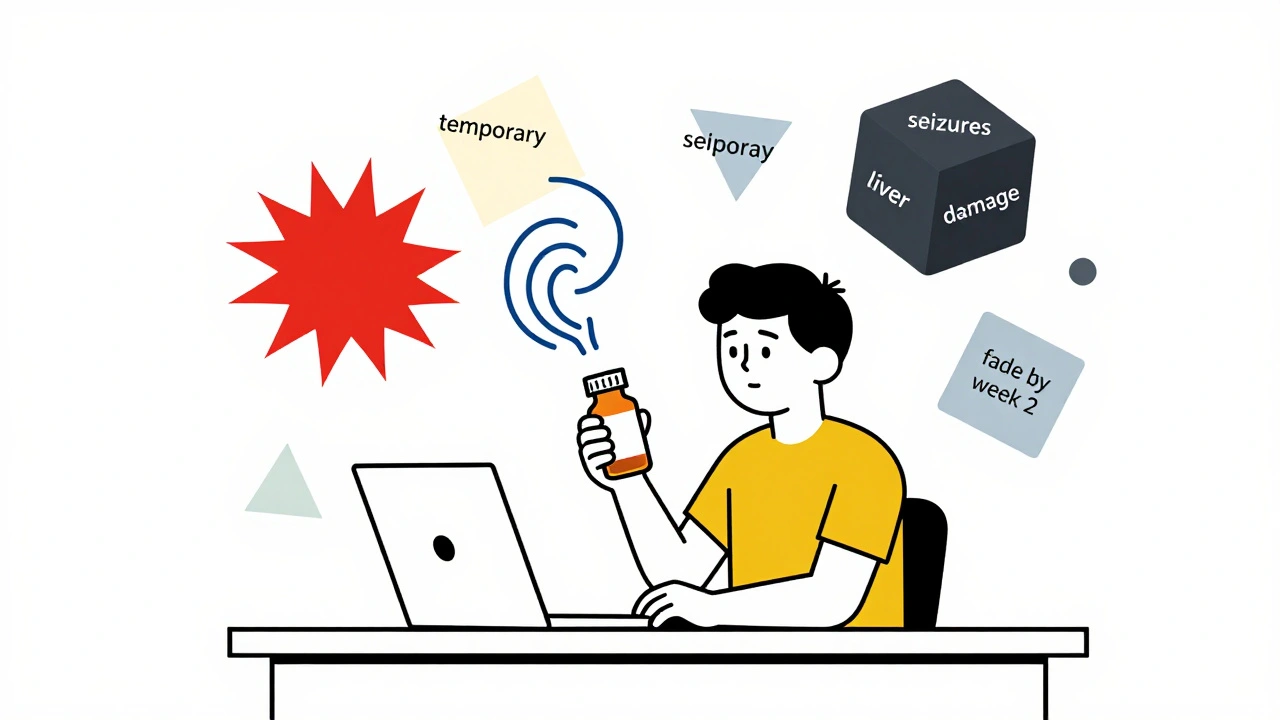
Psychological Strategies to Manage Anxiety About Medication Side Effects
- Dec, 2 2025
- 8
Learn evidence-based psychological strategies to manage anxiety about medication side effects, reduce fear, and improve adherence. Discover how CBT, ACT, and symptom tracking can help you stay on track with your treatment.
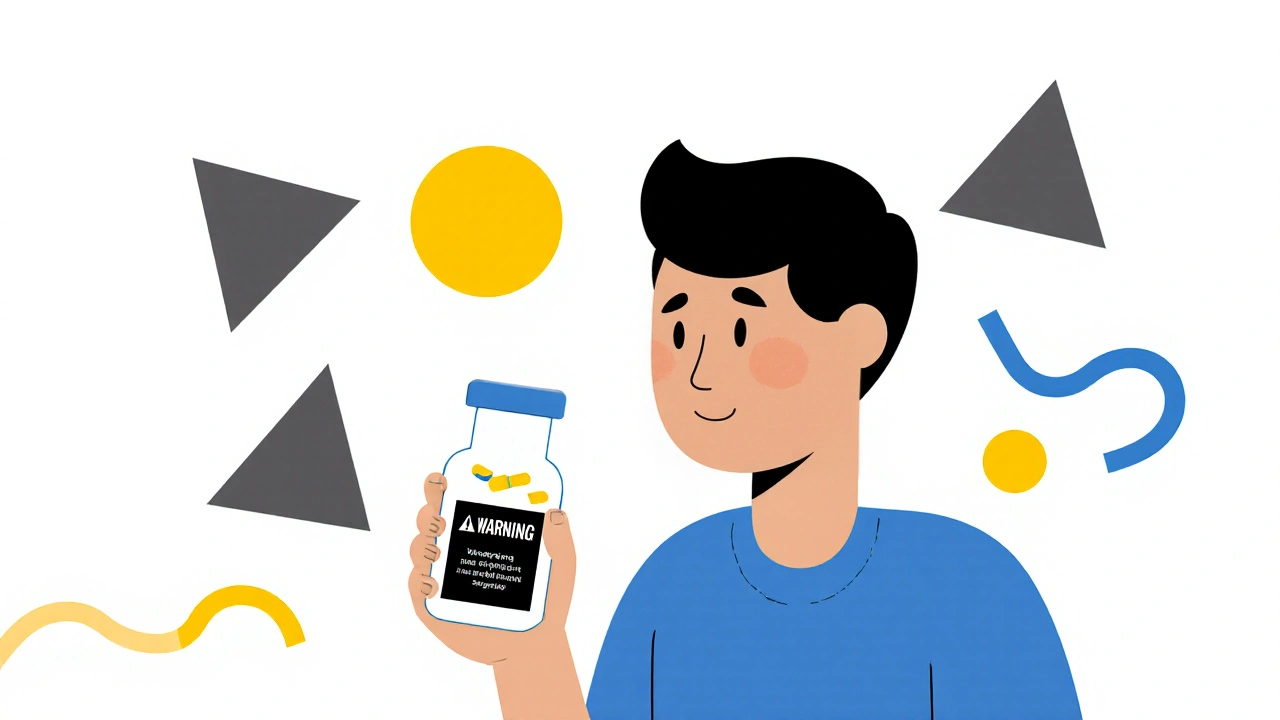
Suicidal Thoughts on Antidepressants: What the Black Box Warning Really Means
- Nov, 15 2025
- 7
The FDA's Black Box warning on antidepressants alerts users to increased suicidal thoughts in young people. But the real story is more complex - untreated depression is far more dangerous. Here's what you need to know.
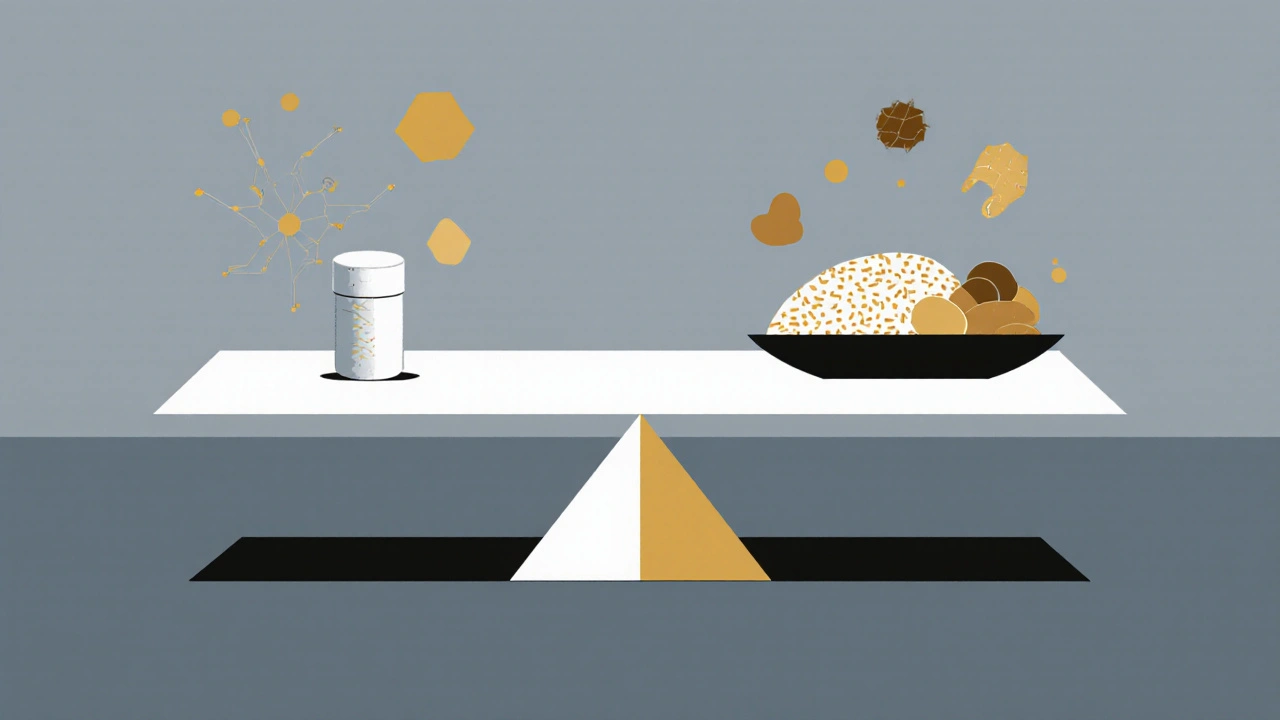
Weight Gain from Antidepressants: Which Drugs Cause It and How to Stop It
- Oct, 31 2025
- 10
Learn which antidepressants are most likely to cause weight gain, how they affect your metabolism, and practical ways to manage or reverse it without stopping your medication.

Exercise as a Natural Remedy for Depression Symptoms
- Oct, 3 2025
- 12
Discover how regular exercise influences brain chemistry, mood, and sleep to ease depression symptoms, with practical plans, safety tips, and a FAQ.
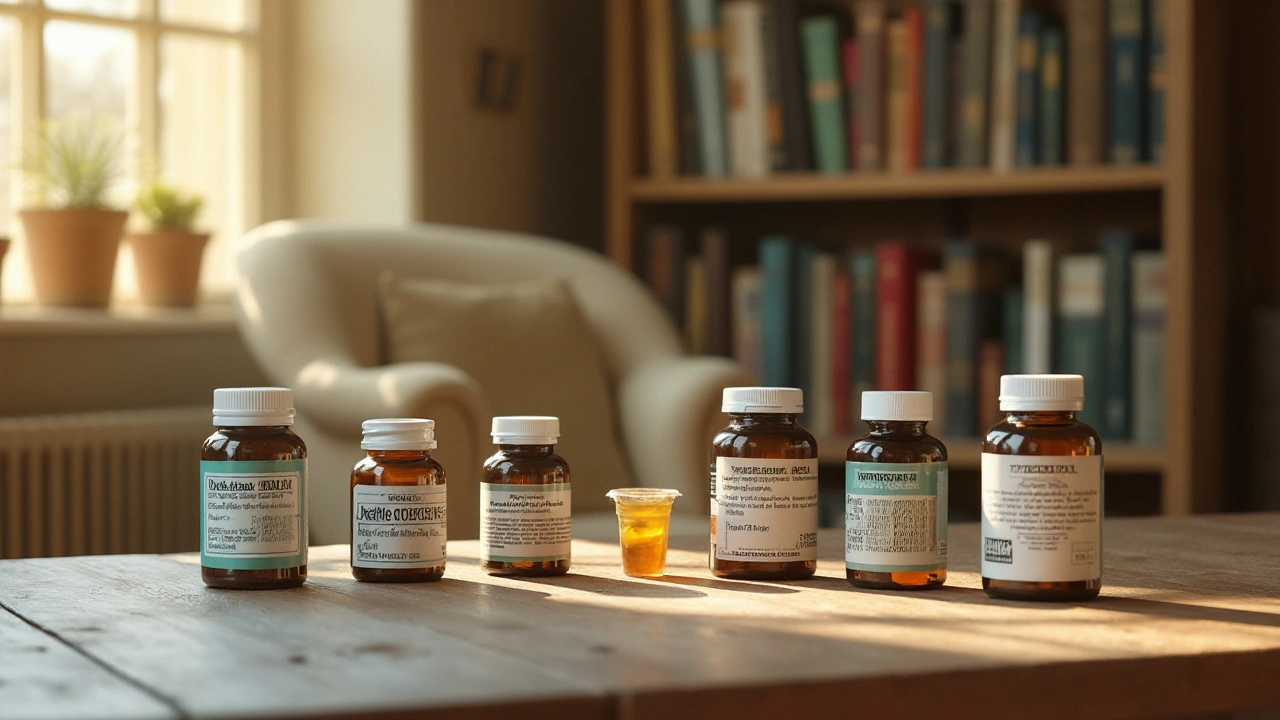
Best Antabuse Alternatives for 2024: Exploring Effective Options for Alcohol Use Disorder
- Oct, 31 2024
- 5
This article explores six notable alternatives to Antabuse for the treatment of alcohol use disorder in 2024. Each alternative offers different mechanisms and benefits in managing cravings and promoting abstinence. The options range from FDA-approved medications like Naltrexone and Acamprosate to natural remedies like Kudzu root extract. Whether you are considering pharmaceuticals or exploring herbal options, this guide shines a light on the pros and cons of each to help in making an informed decision.
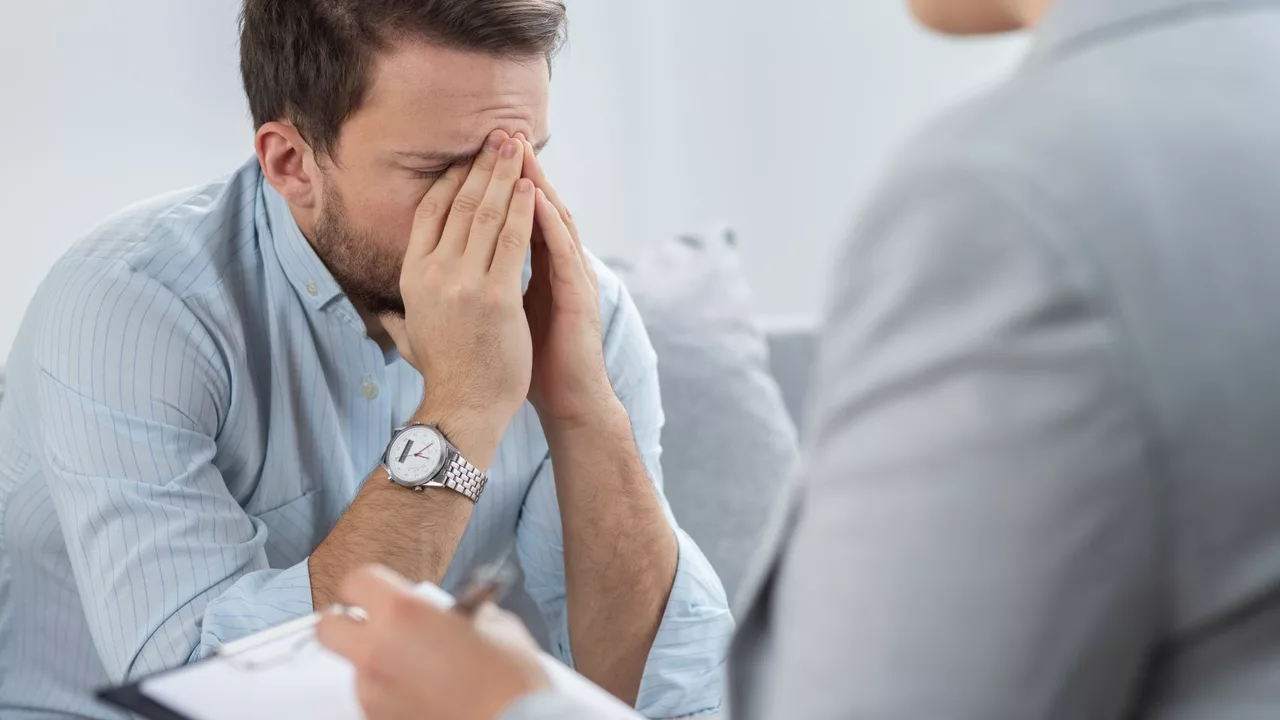
ADHD and Depression: Understanding the Link and Treatment Options
- Jun, 27 2023
- 8
In studying the connection between ADHD and depression, it is clear that these conditions often coexist, with overlapping symptoms making diagnosis and treatment complex. The link is attributed to shared genetic factors, environmental influences, and the psychological strain of coping with ADHD. Treatment options vary but typically involve a combination of medication, psychotherapy, and lifestyle changes. It's important to consult with a healthcare provider for a personalized treatment plan. Remember, early detection and intervention can help manage these conditions more effectively.
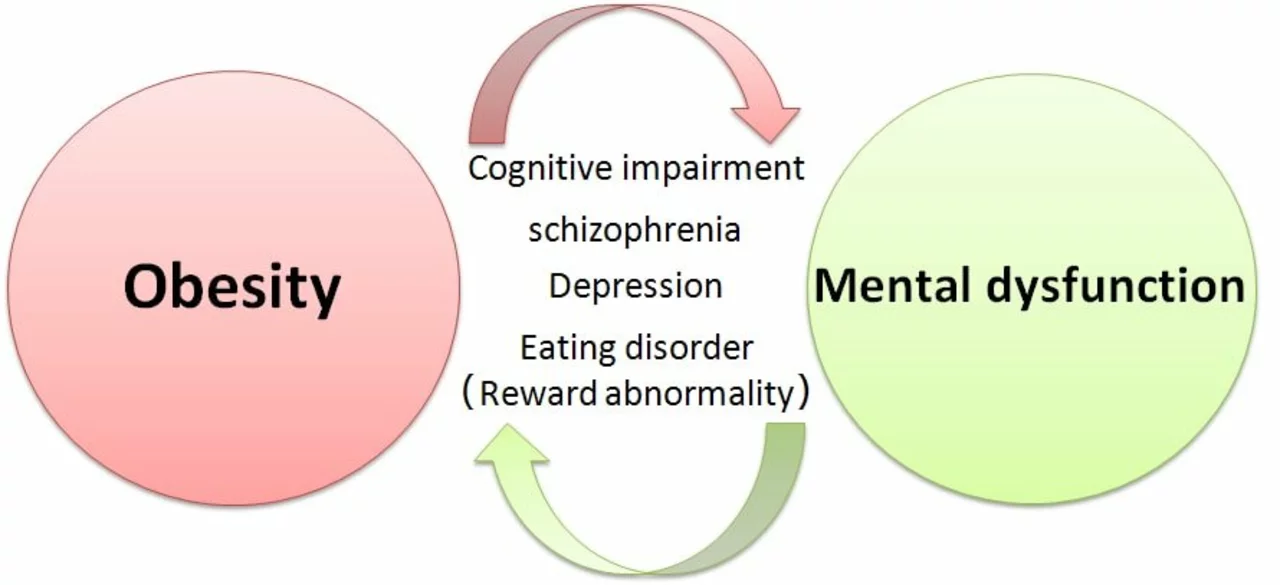
How to create a mental health plan to address symptoms of depression
- May, 29 2023
- 17
Creating a mental health plan for addressing symptoms of depression begins with recognizing the signs and seeking professional help. It is essential to establish a support network, which includes friends, family, and mental health professionals. Incorporating self-care activities, such as exercise, meditation, and proper nutrition, can also improve mental well-being. Setting realistic goals and tracking progress can help measure improvement over time. Finally, being patient and kind to oneself during this process is crucial, as recovery can take time and perseverance.
Categories
- Health and Medicine (62)
- Health and Wellness (57)
- Medicine (37)
- Women's Health (11)
- Mental Health (9)
- Men's Health (7)
- Beauty and Wellness (4)
- Health Information (4)
Archives
- February 2026 (8)
- January 2026 (25)
- December 2025 (28)
- November 2025 (25)
- October 2025 (27)
- September 2025 (14)
- August 2025 (3)
- July 2025 (2)
- June 2025 (2)
- May 2025 (3)
- April 2025 (4)
- March 2025 (4)
- online pharmacy
- medication safety
- dietary supplement
- health benefits
- dietary supplements
- generic drugs
- prevention
- fertility
- online pharmacy Australia
- side effects
- QT prolongation
- medication side effects
- diabetes medications
- GLP-1 agonists
- nocebo effect
- brand vs generic
- treatment
- treatment options
- benefits
- connection
